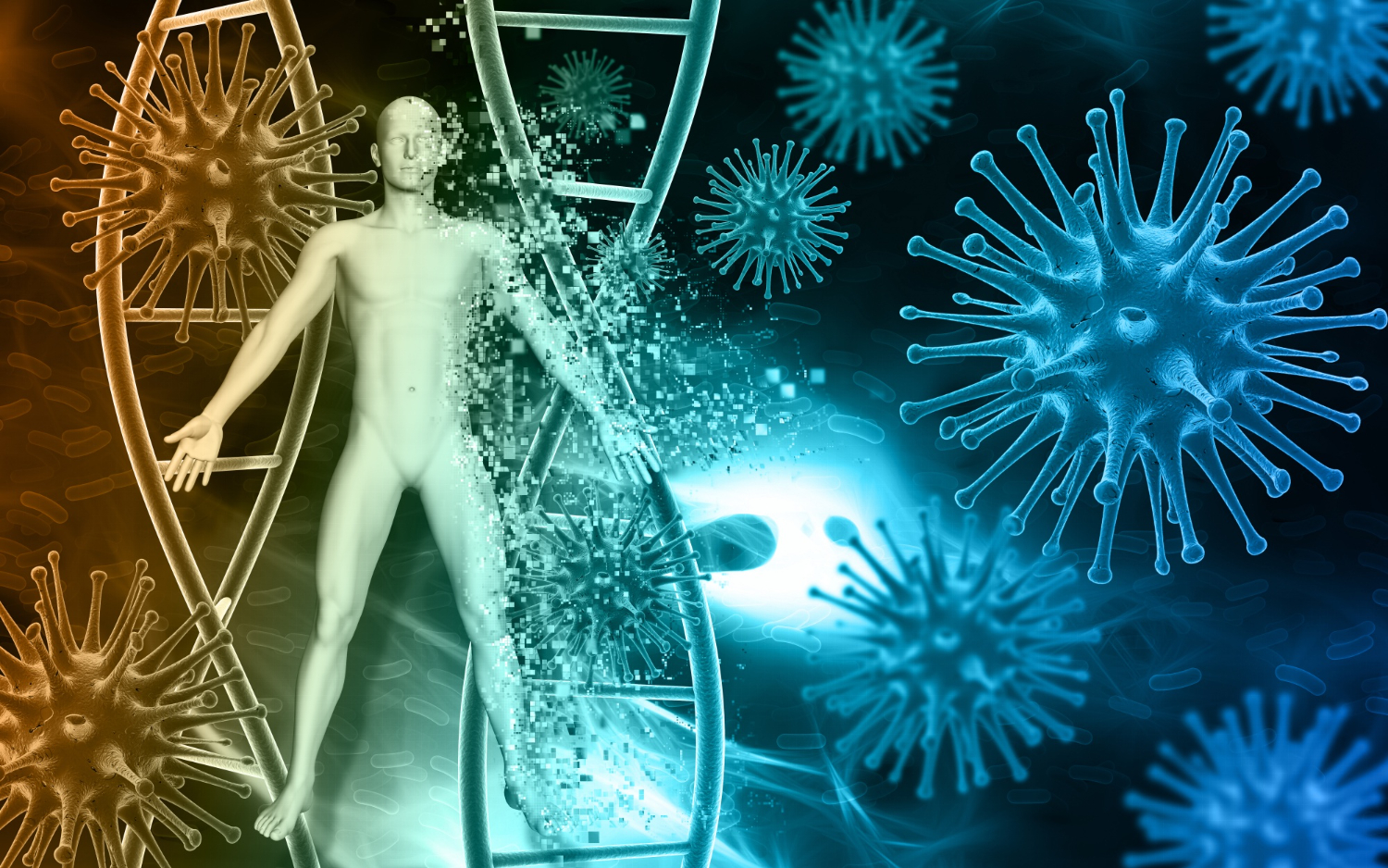The meeting point between nutrition and the immune system has been the epicentre of an emerging and promising discipline: Immunonutrition. This field delves into the fundamental connections between nutrition, immunity, infection, inflammation and tissue damage, exploring how nutrients can be harnessed to modulate the immune system and improve the response to various clinical situations.
The Proven Effectiveness of Immunonutrition in Different Clinical Contexts
Evidence has shown that immunomodulatory formulas have a significant impact on a variety of clinical conditions. For example, fistula reduction in postoperative head and neck cancer patients has been reported. Similarly, in cases of gastric and oesophageal cancer, immunonutrition is linked to a reduction in infectious complications and a shorter hospital stay. Other clinical situations, such as pancreatic cancer surgery, colorectal cancer surgery and treatment of major burns, have also benefited from immunonutrition. However, for a full understanding of its impact, more controlled, prospective, randomised studies are required to confirm its potential benefits in areas such as non-esophageal thoracic surgery, bladder cancer, gynaecological surgery, hip fracture, liver pathology and COVID-19, among others.
The Essence and Scope of Immunonutrition
Immunonutrition, or IN, encompasses much more than specific enteral or parenteral nutrition formulas. It goes into all the dietary aspects that impact on the immune system, considering the quality and quantity of food, as well as the inflammatory index of the diet and the nutrients supplied. Pro-inflammatory diets, characterised by high levels of C-reactive protein and interleukin-6, together with low levels of adiponectin, are strongly associated with inflammation and the development of chronic diseases such as obesity, type 2 diabetes mellitus, cardiovascular disease and cancer. In contrast, diets rich in vegetables and fruits tend to be anti-inflammatory, offering protection against these chronic diseases.
The Multidisciplinary and Complex Approach to Immune Nutrition
The science of immunonutrition is not limited to studying the relationship between nutrition and the immune system. It must be viewed within the context of nutritional status, genetics, lifestyle and other clinical factors that impact on the individual. This complexity requires a multidisciplinary approach, considering different biomarkers and the interaction between the endocrine, immune, nervous and microbiota systems.
The Vital Role of Immunonutrition in the Clinical Setting
Immunonutrition is of undeniable value in common clinical situations, such as the management of the surgical patient, where previous malnutrition and surgical stress can compromise the immune system and increase the risk of infections. Furthermore, in contexts of malnutrition, an altered immune response at the cellular and humoral level is observed, underlining the importance of addressing nutrition in these situations.
The Key Targets of Immunomodulation and Immunonutrients
Immunonutrients, such as arginine, nucleotides, glutamine and omega-3 fatty acids, have been shown to enhance the immune response and have been associated with clinical benefits. These compounds aim to enhance cellular immunity, alter cytokine balance, prevent excessive activation of inflammatory factors and moderate tissue nutrient depletion.
In summary, Immunonutrition represents an evolving field of study with the potential to transform healthcare by strengthening the relationship between nutrition and the immune system to address diverse pathologies. Its in-depth understanding and strategic application could further revolutionise the way we address complex clinical challenges in the future.
Bibliographic source:
Tejera-Pérez Cristina, Guillín-Amarelle Cristina, Rodríguez-Novo Nazareth, Lugo-Rodríguez Gloria, Mantiñán-Gil Beatriz, Palmeiro-Carballeira Regina et al . Immunonutrition, evidence and experiences. Nutr. Hosp. [Internet]. 2023 Feb [cited 2023 Dec 17] ; 40( 1 ): 186-199. Available from: http://scielo.isciii.es/scielo.php?script=sci_arttext&pid=S0212-16112023000100023&lng=es. Epub 17-Apr-2023. https://dx.doi.org/10.20960/nh.04226.



